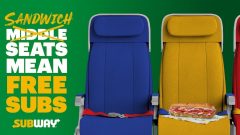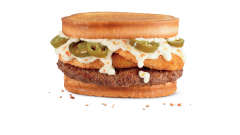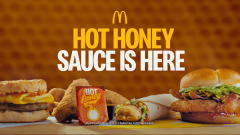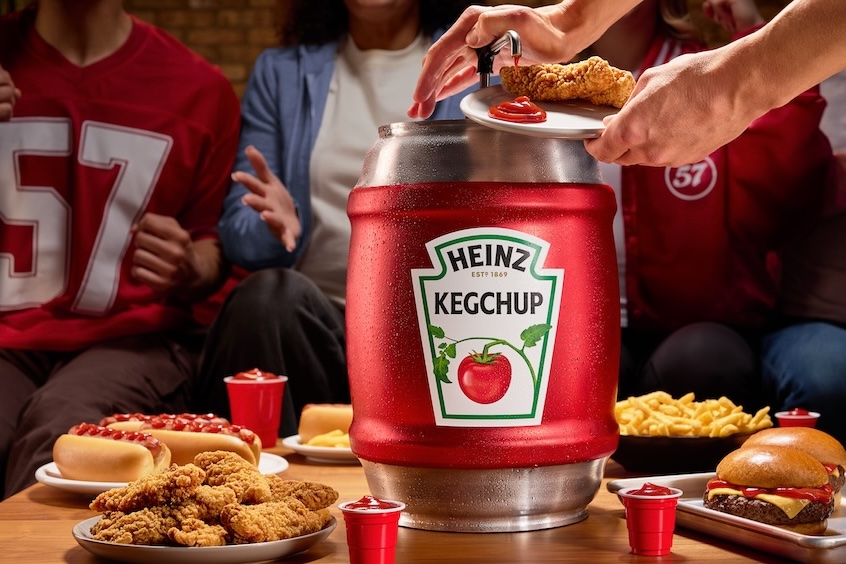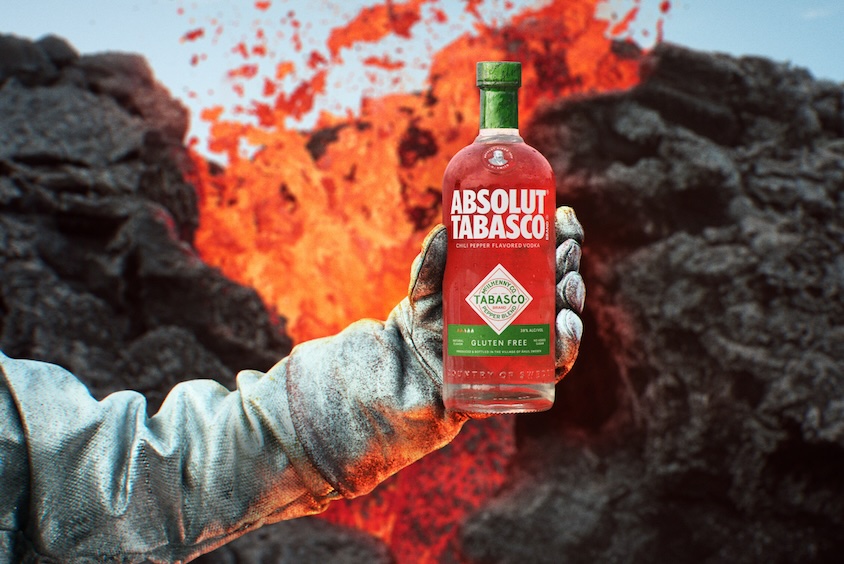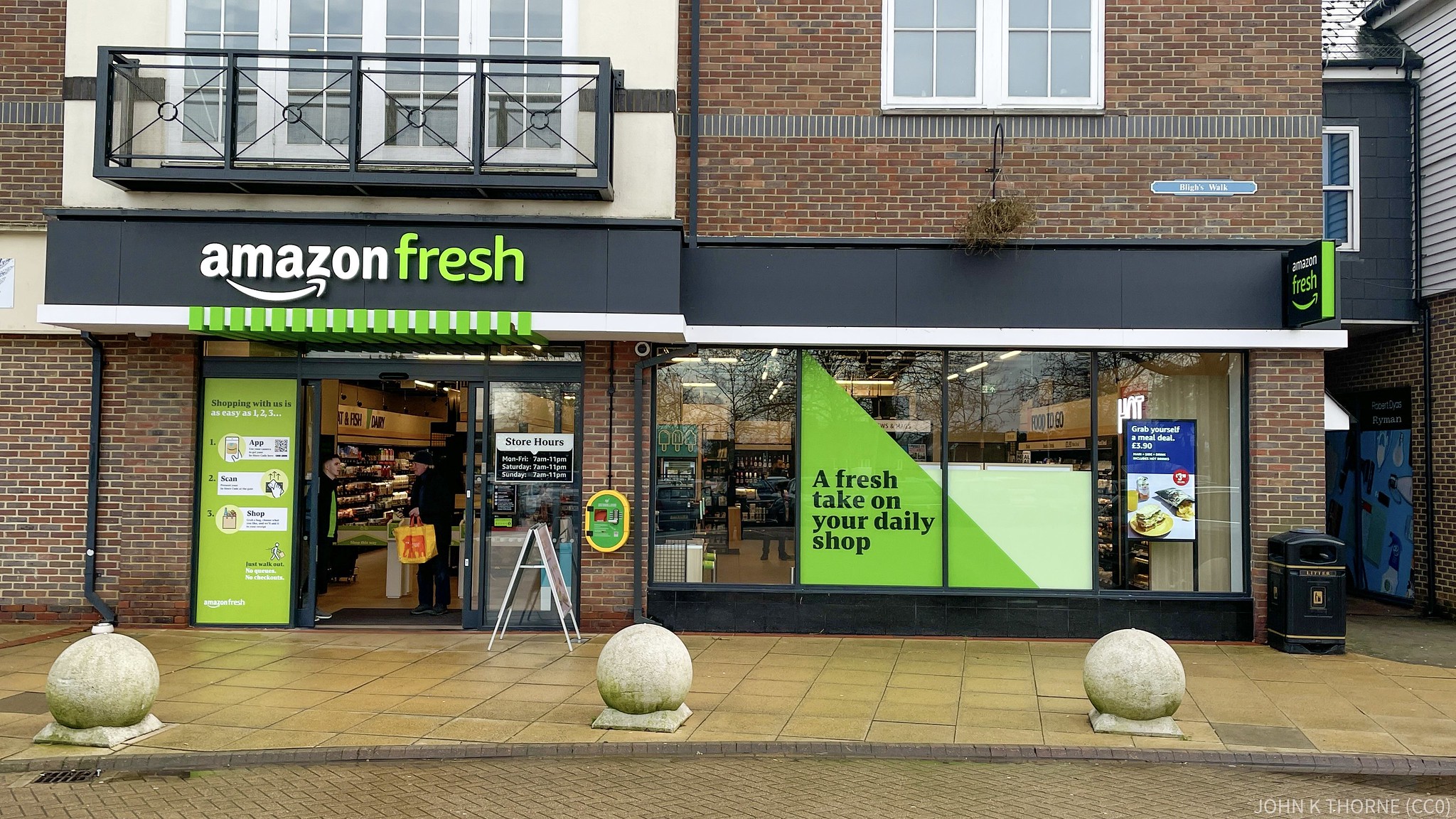While Fast Food Protests Sweep the Country, Australia McDonald’s Pays $15 Per Hour
On Thursday, August 29th, low-wage employees gathered to the streets, demanding wages of $15 per hour, more than double the federal minimum wage of $7.25, and the ability to form unions. The protests went viral early today, spreading to 50 cities including, New York, Los Angeles, Detroit and Chicago — with throngs of employees working for large fast food chains walking out on their shifts.
“It’s not livable,” Tyree Johnson told HuffPo. “I’ve been dedicated to McDonald’s for the past 21 years. I still make $8 an hour.”
Johnson’s story is one of many. “I’m tired of choosing between paying rent and eating,” Tamara Best-Watkins told the crowd outside the Rock N’ Roll McDonald’s in downtown Chicago. “I’m tired of choosing between taking my daughter out and paying rent.”
Officials in the restaurant industry warn that increased wages will hurt employees in the long run.
“Mandating increased wages would lead to higher prices for consumers, lower foot traffic and sales for franchise owners, and, ultimately, lost jobs and opportunities for employees to become managers or franchise owners,” Steve Caldeira, president and chief executive of the International Franchise Association, insisted in a statement. “The franchise industry is a proven job creator and career builder, yet efforts to double the minimum wage to $15 would clearly jeopardize opportunities for existing and prospective employees.”
While there is some truth to Caldeira’s words, he’s being a bit over-dramatic. Yes, US fast food chains would hurt, but only if wages were increased to $15 overnight. The key here would be to increase wages gradually while simultaneously creating a new business model. You need only to look at McDonald’s chains in Australia and France, where full-time adult workers earn a minimum wage of $14.50 an hour and $12 an hour respectively, for an example of high wages and profits co-existing. Note that both country’s minimum wages and cost of living are significantly higher than the US’ and even these overseas models have their kinks.
In turn, franchises would have to hire fewer workers, create more efficient management and charge more for that beloved Whopper. But when it’s virtually impossible to live off the average salary of a fast food employee, this might just be the next necessary step.
H/T NRN, The Atlantic + PicThx Reuters





